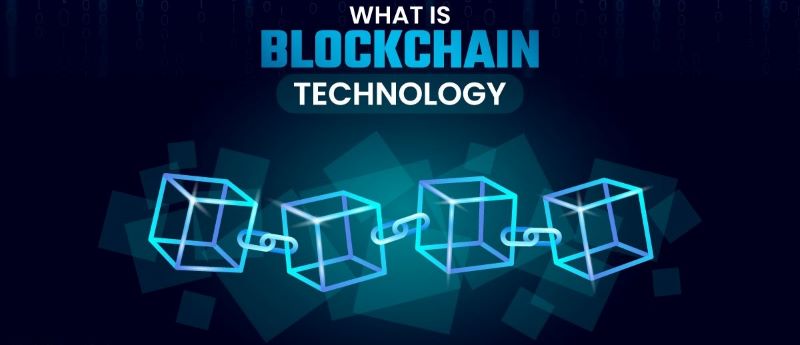Understanding Blockchain Technology: What Is Blockchain Technology and How Does It Work?
Blockchain technology – a name that’s likely no longer unfamiliar to us, especially in today’s digital age. But have you truly grasped what is blockchain technology and how does it work? If the answer is no, or you still have many questions, then let me clarify everything in this detailed article.

What Is Blockchain Technology?
Blockchain technology is a decentralized, distributed ledger that records data in a way that is transparent, secure, and immutable. Unlike traditional databases, blockchain operates without a central authority, making it highly resistant to tampering and fraud. This technology was originally designed for Bitcoin, the first cryptocurrency, but its potential applications have expanded to various sectors, including finance, healthcare, and supply chain management.Each "block" in a blockchain contains a list of transactions, and these blocks are linked together, forming a "chain." Once data is recorded on the blockchain, it becomes virtually impossible to alter without the consensus of the network participants. This decentralized nature makes blockchain highly secure and trustworthy.
How Does Blockchain Work?
Blockchain operates through a network of computers (nodes) that work together to validate transactions. Here's how it works:
Why Is Blockchain Technology Important?
Blockchain's decentralized and transparent nature has numerous benefits:
Applications of Blockchain Beyond Cryptocurrency
While blockchain is synonymous with cryptocurrencies, its applications extend far beyond. Here are a few key sectors leveraging blockchain technology:
The Future of Blockchain Technology
Blockchain technology is still evolving, and its potential applications are vast. As industries continue to explore this technology, new innovations will emerge, potentially reshaping how we conduct business, manage data, and interact online.In conclusion, what is blockchain technology and how does it work? Blockchain is a decentralized ledger that securely records transactions across a network of computers. By eliminating intermediaries and enhancing transparency, blockchain is poised to transform various industries, making it one of the most groundbreaking technologies of our time.Read more: https://blockchainsolve.com/what-is-blockchain-technology-and-how-does-it-work/
